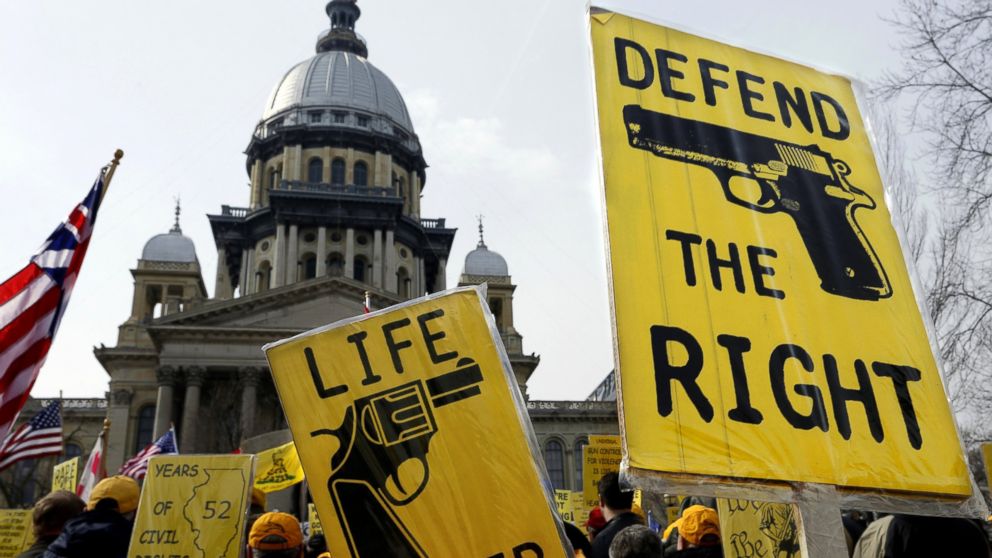Behind the Numbers on Opposition to an Assault Weapons Ban (POLL)
Clearly there's a deep gun culture in the United States.

— -- We’ve gotten intense interest in our latest ABC News/Washington Post poll finding first-time majority opposition to an assault weapons ban. What follows is an attempt to explain this result in the context of our decades of research on public opinion on gun control -– plus a few additional data points.
Clearly there’s a deep gun culture in the United States, durable enough for serious recognition and understanding. The public expresses vast alarm about gun violence and very broad agreement on some gun control measures, such as background checks and mental health screening. But there's been much less agreement on a range of other steps.
There are reasons. Views on gun control are influenced by a substantial sense that new laws won't help reduce gun violence. They may do more to disarm law-abiding citizens than law-breaking ones and the Second Amendment protects the right to individual gun ownership. These compunctions help explain why we have not seen support for gun control rise in response to heinous gun crimes, much less achieve critical mass in public opinion.
Ultimately, as we show in our latest ABC/Post survey, for everyone who wants to address terrorism with stricter gun laws, there's someone else who sees an armed citizenry as the best defense. This sense may rise in response to external threats; the shift to majority opposition to an assault weapons ban is a new phenomenon. It didn’t appear in a pre-Paris, pre-San Bernardino poll by the Pew Research Center in July (57 percent in that survey supported an assault weapons ban). And our finding is confirmed in a new New York Times/CBS News poll, which also found support for banning assault weapons at a new low.
These are especially notable results for two reasons: One is that, as mentioned, attitudes on gun control don’t usually move in response to gun crimes; and, secondly, the direction of the movement.
Even with terrorism as a concern, attitudes on gun control also are linked to political assessments. As we reported in our analysis yesterday, the strongest current factor in attitudes on an assault weapons ban is presidential approval. Directionality isn’t clear, but controlling for other potential factors, the more people approve of the president, the more apt they are to support an assault weapons ban – with the opposite holding true as well. And the president’s rating, as we've reported, is 6 percentage points under water.
Other factors matter as well. Our statistical analysis finds that concerns about the government’s ability to prevent terrorism is another significant independent factor in views on banning assault weapons. So are political ideology, gender and age – with, perhaps surprisingly, young people more apt to oppose a ban on these weapons.
Lastly, we noted in our analysis that the shift in views on banning assault weapons is broadly based. The table below underscores that result, showing opposition is up by 8 to 13 points across political lines, 6 to 18 points among ideological groups (particularly among strong conservatives, but also moderates), 8 to 16 points across regions (especially in the generally more liberal Northeast) and 9 to 14 points regardless of whether people live in urban, suburban or rural areas.
(Thanks to Prof. Robert Y. Shapiro of Columbia University for the questions that prompted this post.)




